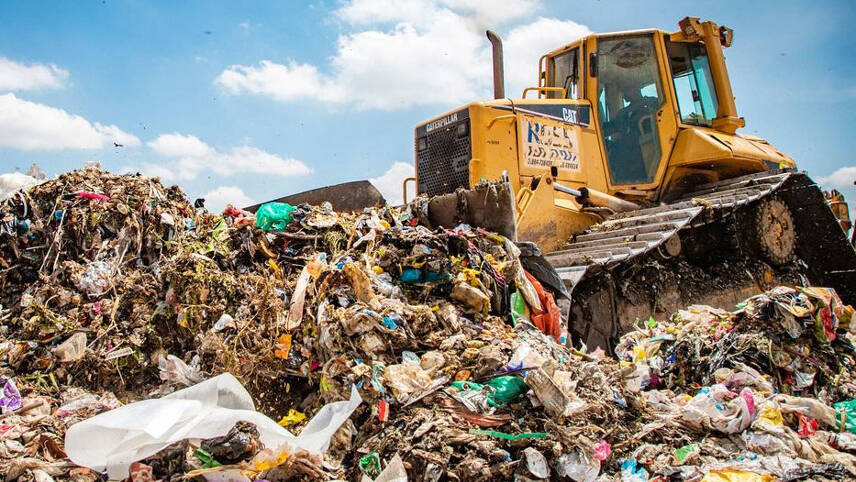Register for free and continue reading
Join our growing army of changemakers and get unlimited access to our premium content

Companies now use 8.4% more plastic than they did half a decade ago.
This is according to the ‘Failing Commitments’ report from Business360, a competitive intelligence firm providing research and analysis services.
The analysis is based on data sourced from both the Ellen MacArthur Foundation and the revenue filings of companies that committed to the Foundation’s New Plastics Economy Global Commitment in 2018. This initiative, supported by more than 1,000 organisations, aims to address global plastic pollution through collective goals.
The study evaluated plastic use efficiency of the companies by measuring grams of plastic per unit of revenue in real dollars.
The findings indicate that companies now use 8.4% more plastic than they did half a decade ago to generate each unit of revenue.
Out of the 37 companies assessed, more than half reported increased plastic use between 2021 and 2022.
The aggregate plastic consumption rose by 2% from 11.4 million metric tonnes in 2021 to 11.7 million metric tonnes in 2022.
The report further reveals that the consumer goods sector, particularly in food, beverage, household care and personal care categories, relies on virgin fossil-based content for almost 83% of its plastic packaging.
While examining changes in real plastic intensity and factoring in currency fluctuations, the analysis highlights that the majority of companies making any improvement are doing so at a rate of 3% or less per year.
Larger corporations, however, either exhibit minimal improvement or are using more plastic per unit of revenue.
Policy involvement critical for meeting goals
Last year, the Ellen MacArthur Foundation revealed a notable shortfall among major brands and retailers participating in the Global Commitment, which targets a 21% reduction in virgin plastic use by 2025.
Despite incorporating an additional 1.5 million tonnes of recycled plastics annually—leading to the mitigation of around 2.5 million tonnes of greenhouse gas emissions (GHG)—the report emphasises the need for exponential progress to meet the 2025 target, urging essential involvement from policymakers.
In September, the initial draft of the global plastics treaty by the United Nations Environment Programme (UNEP) was released.
This agreement aims to intensify global initiatives to eradicate plastic pollution, with a comprehensive vision extending to 2040. It is hoped that a finalised treaty will be ratified in 2024.


Please login or Register to leave a comment.